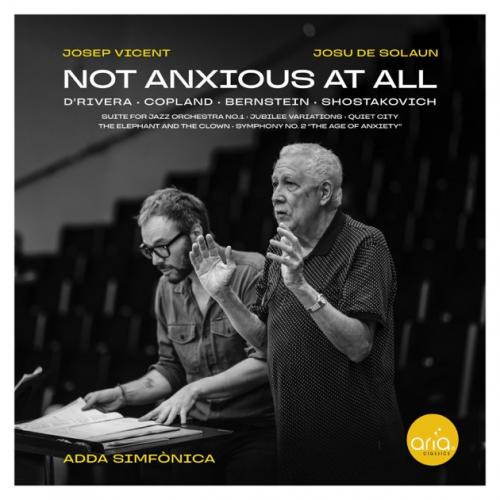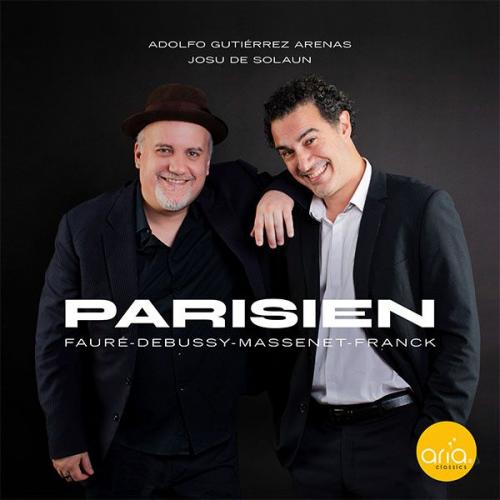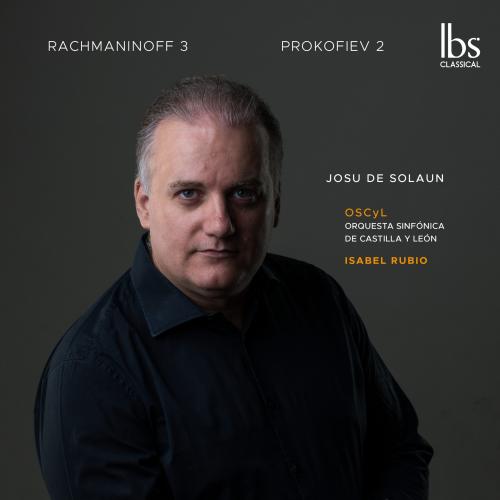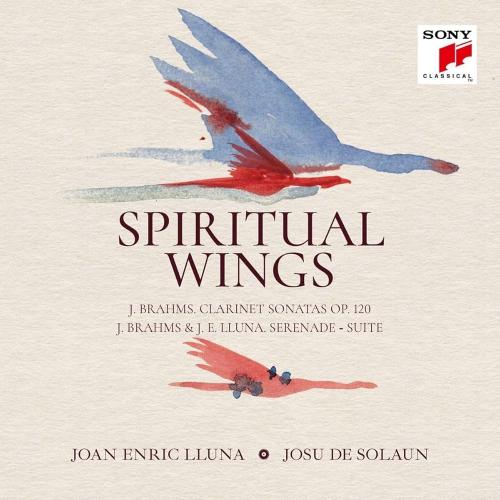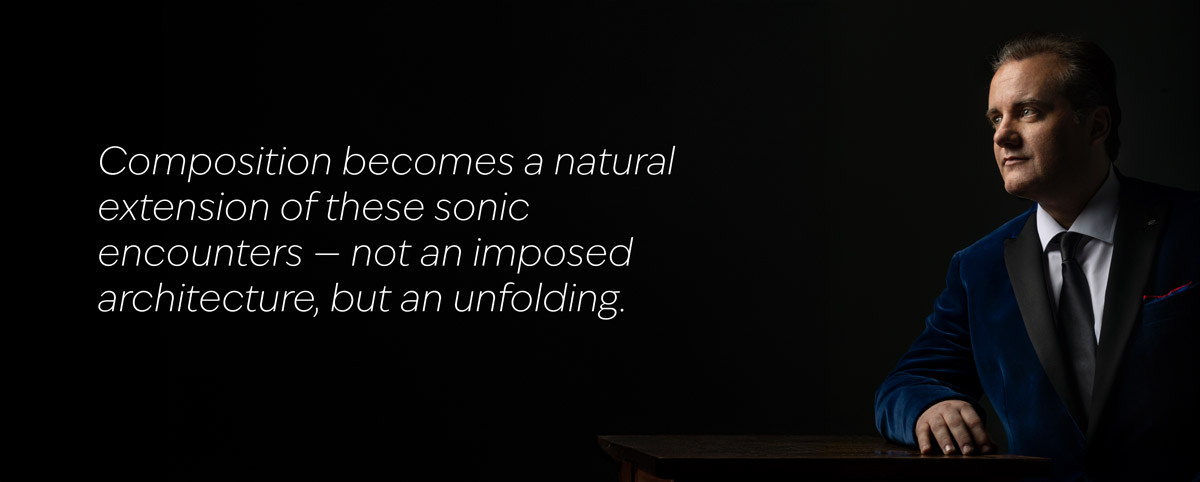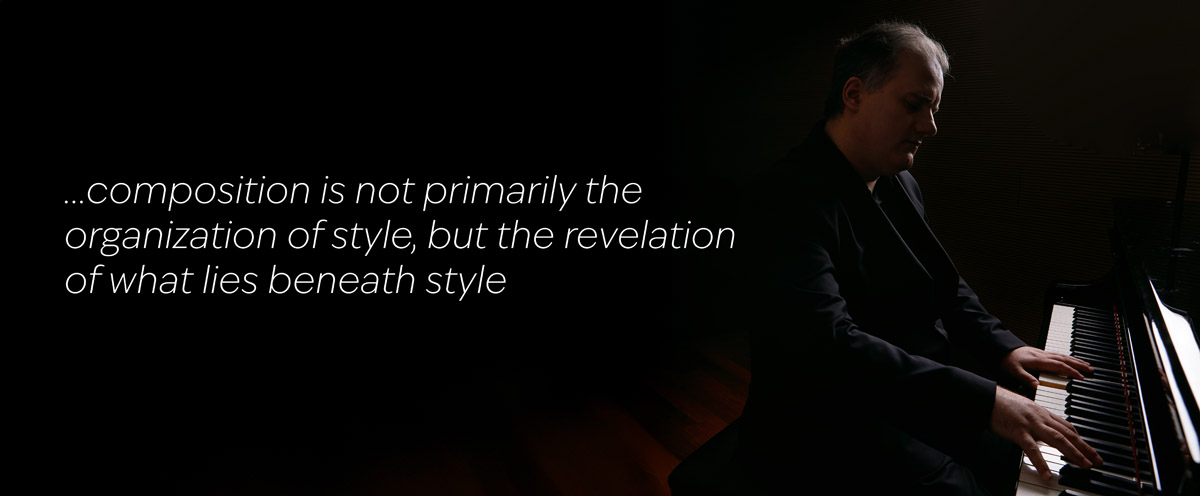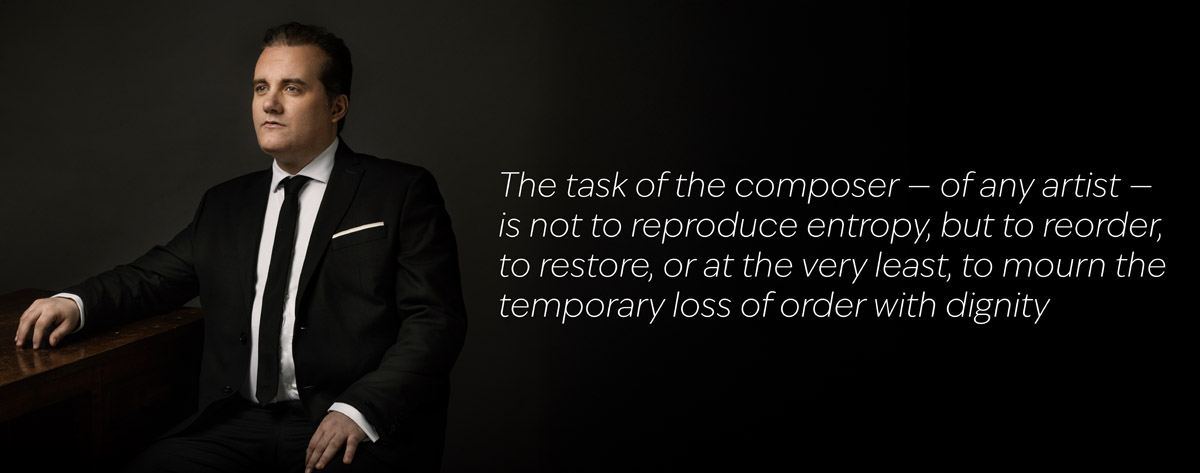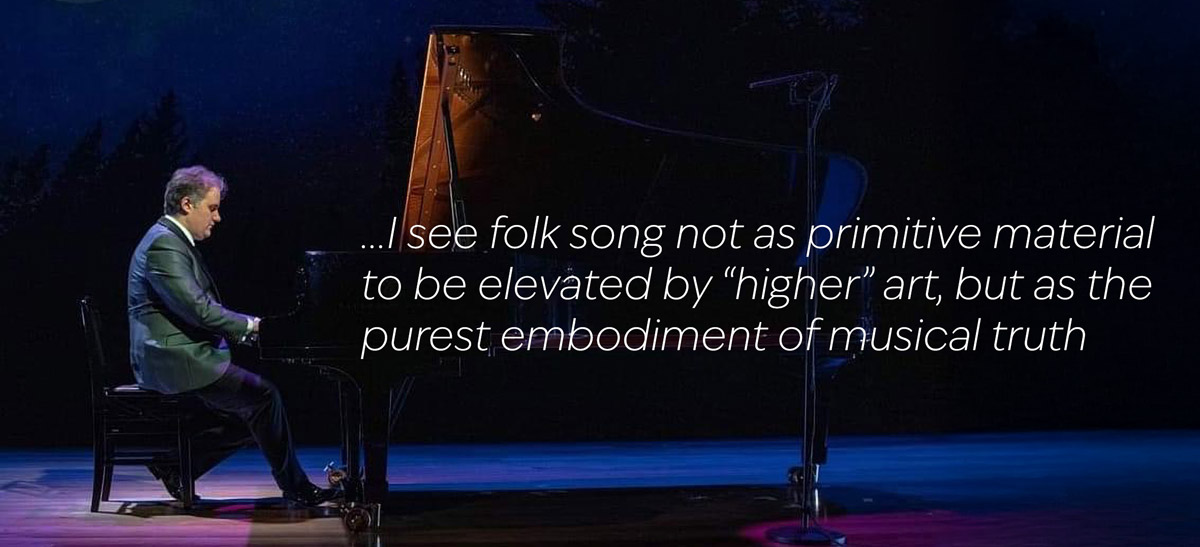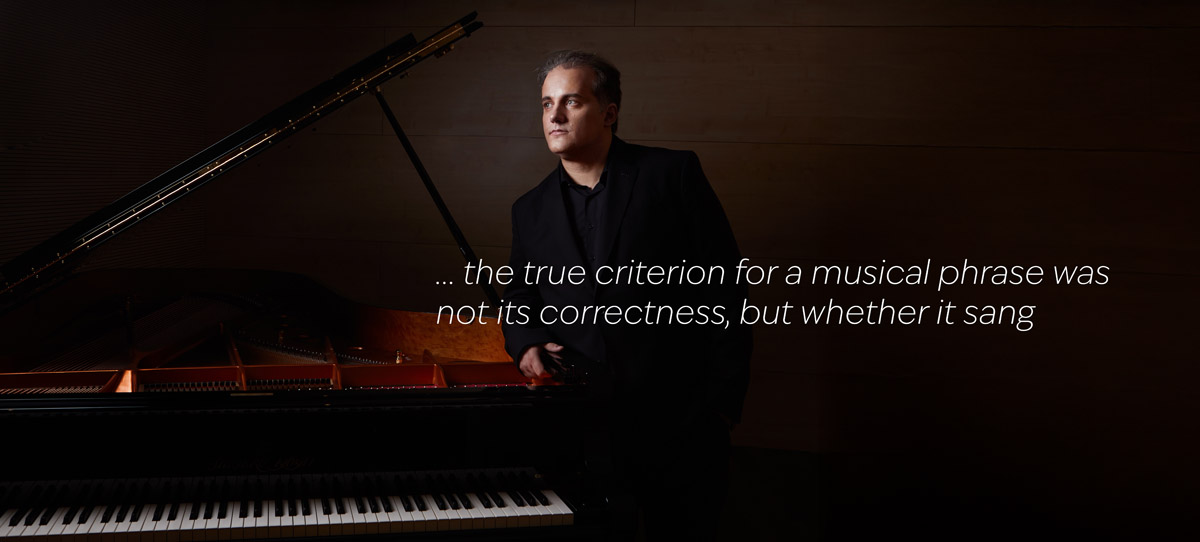Josu
De Solaun
upcoming performances
Blog
more blog posts...
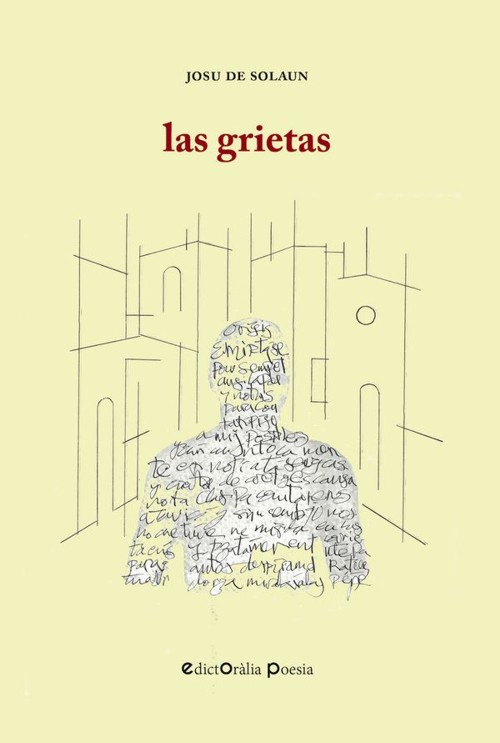
Poetry
Las Grietas: Between the Cracks
I have always believed that poetry and music spring from the same well.
Both are forms of listening, of drawing from silence, and of responding to the mysterious pulse beneath the surface of things. Before I ever published a poem, I was already immersed in the world of poiesis: not merely the poetic in the narrow sense, but the broader act of bringing something into being. To compose a phrase at the piano, to improvise on a motif, to inhabit the emotional architecture of a sonata—this too is poetry. It is the poietic act: the making, the shaping, the conjuring of form out of nothing but breath, memory, and attenti
